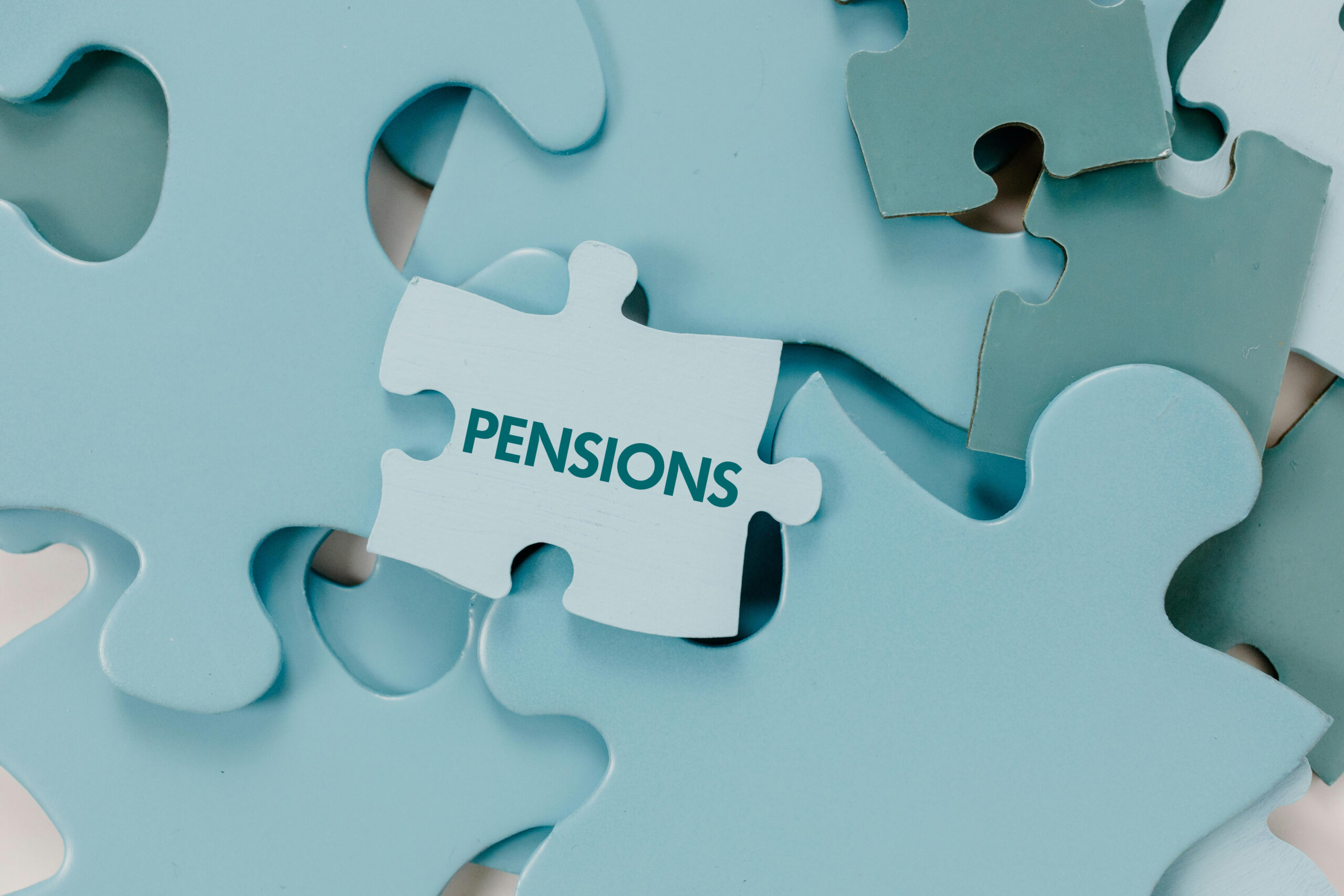In the latest edition of the Irish Building Magazine, we outlined our belief that retirement is not the end of something, but a point in your life when work becomes optional and you look forward to a future of possibilities. You can read the full article here.
105 YEARS OLD

January is the month when the internet is awash with all sorts of ‘top tips’ for saving money, maximising money, saving tax and any other goals that are linked to the New Year. However, it was an article about babies born in 2021 who are now expected to live until 105 years of age that caught our attention as pension providers. While this impressive age is something to celebrate, it struck a chord about how long our pension savings are expected to last. If you retire at 65 and live until 105, will your pension pot last for 40 years covering you through illness, home repairs, a replacement car and everything else in between?
Financial reviews are important and if 2020 proved anything, it is best to act now to protect against the unexpected. Now is the time to review your finances and look forward to a better year in 2021. For those who plan to retire in the future (i.e. all of us), we think you should start by reviewing your pension.
WHY START WITH MY PENSION?
Pensions are often one of the most valuable assets a person will ever own, so with that in mind, you should start by reviewing your annual pension statement. Even if you only read one or two sections of your statement, it should give you the majority of the information you need and will reveal whether you should be keeping things as they are or look to improve matters. These are four key actions you can take:
- Complete an “Expression of Wish” form: If you die before you retirement, there could be a substantial payout through your pension scheme. This information will provide the Trustees with guidance regarding whom you would wish to receive this benefit in the event of your untimely death. Contact your pension provider for the relevant form.
- Consider Charges and Fees: You may think that 100% of your contribution to your pension scheme goes into your pension pot. Not so in many cases. Where the administrative fees are not clear, it is worthwhile reading the small print. In the case of the Schemes administered by CPAS, your full contribution goes into your fund. We can afford to do this as we are a not-for-profit provider. This ensures we are 100% focused on making sure your funds are maximising their earning potential and every cent of your contribution stays in your fund, working for you.
- Review Investment Choice: As you get closer to retirement age, it’s vital to consider where your pension fund money is invested and is this investment appropriate for your age and risk appetite. For example, does your fund automatically take steps to reduce your investment risk as you get closer to retirement? What happens if you plan to defer retirement for a period of years? Is this approach the right strategy for you? Are you planning to take an annuity or invest in an approved retirement fund (ARF) when you reach retirement age? There are many choices available to you and you should ensure your money is placed in the most suitable fund for your projected needs.
- Additional Voluntary Contributions (AVCs): AVCs are a great way to boost your retirement savings if you are concerned about your current contribution levels. Going back to our advice about reading your benefit statement, this statement should give you an indication of the estimated income you will receive at retirement. If this is lower that you would like, then paying more to your pension account through AVCs is how you will improve this outcome. If you have money sitting in a current account or low interest bearing accounts, perhaps this is cash better spent securing your future retirement income – by investing it in your pension as an AVC. And the real clincher is that you can avail of up to 40% in tax relief on AVCs, which is particularly attractive if you are in the higher tax bracket.
A CLOSING THOUGHT FOR THE START OF THE NEW YEAR AND GOAL SETTING

When setting your financial goals, remember to be realistic. Take time to make small, achievable financial solutions you can work towards. You can’t spend what you don’t have, but maximise what you do. At a minimum, you should ascertain your end goals. Many of us will want to retire on at least 50% of our annual income and so, you must ask yourself, how much do I need to have saved at retirement age in order to achieve this level of income? Based on a current income of €48,000 and assuming you wish to retire on €24,000, (the State pension is currently €12,912), we estimate a requirement of €300,000 to bridge the gap. How much will you need? Are you are on track to achieve this goal?
PLANNING FOR THE FUTURE
As in life, there are many variables and changes. Planning for retirement and protecting your financial future involves forming expectations about income and expenses over the rest of your life, based on present assumptions. As the pension administrator for pension schemes in the construction industry, we have a range of solutions to help you prepare and protect your future investments. Whether you are self-employed, running a large company with multiple staff requirements, looking for life and income protection, we can help.
For more information and to find the right solution for you, contact our team for a no obligation discussion. Our team of financial specialists will put you in touch with the right team member. No obligations, no hidden fees, no jargon – just a straight forward chat to help you secure your present and your future.
Contact us via email (info@cpas.ie) or by phone (01) 223 4949






